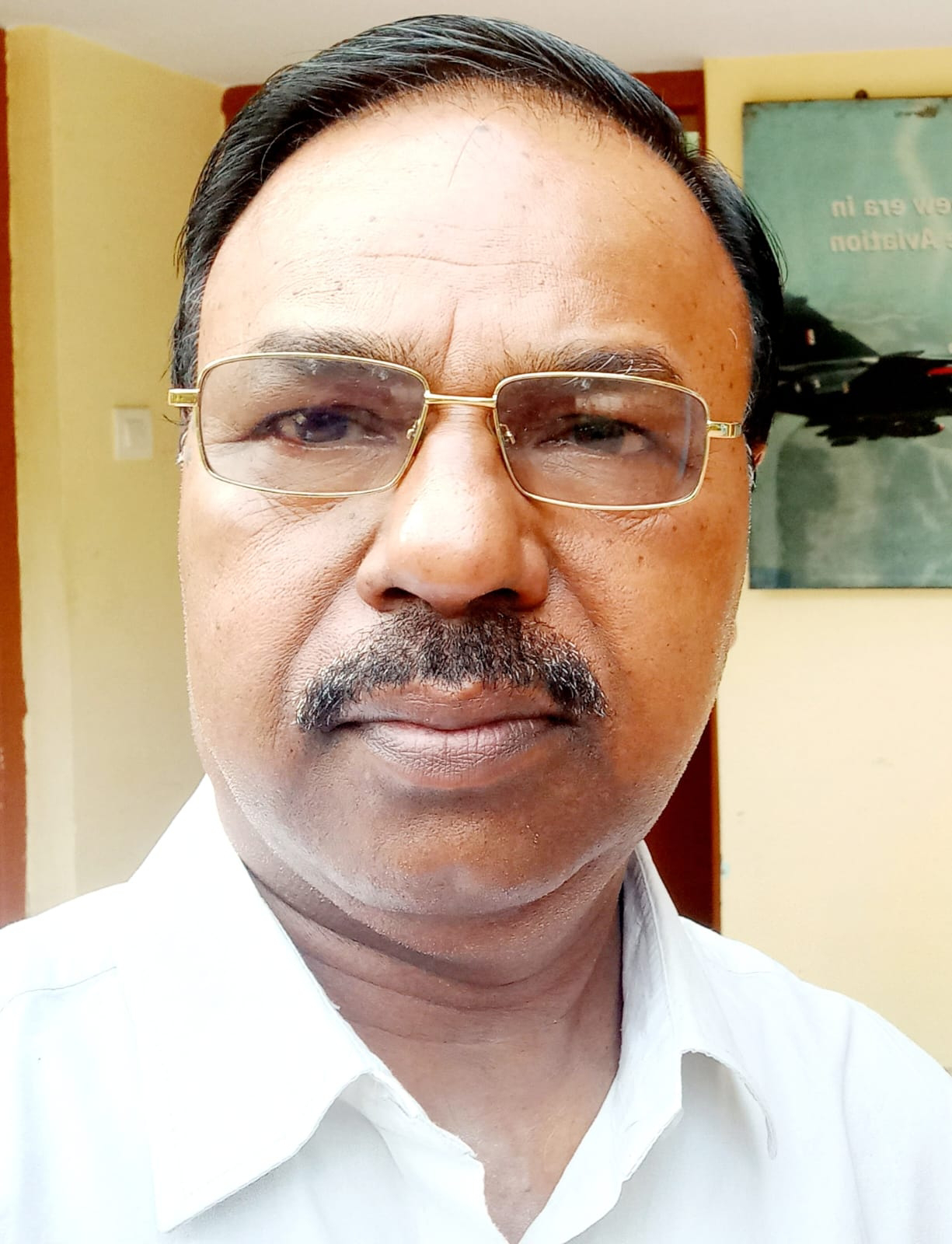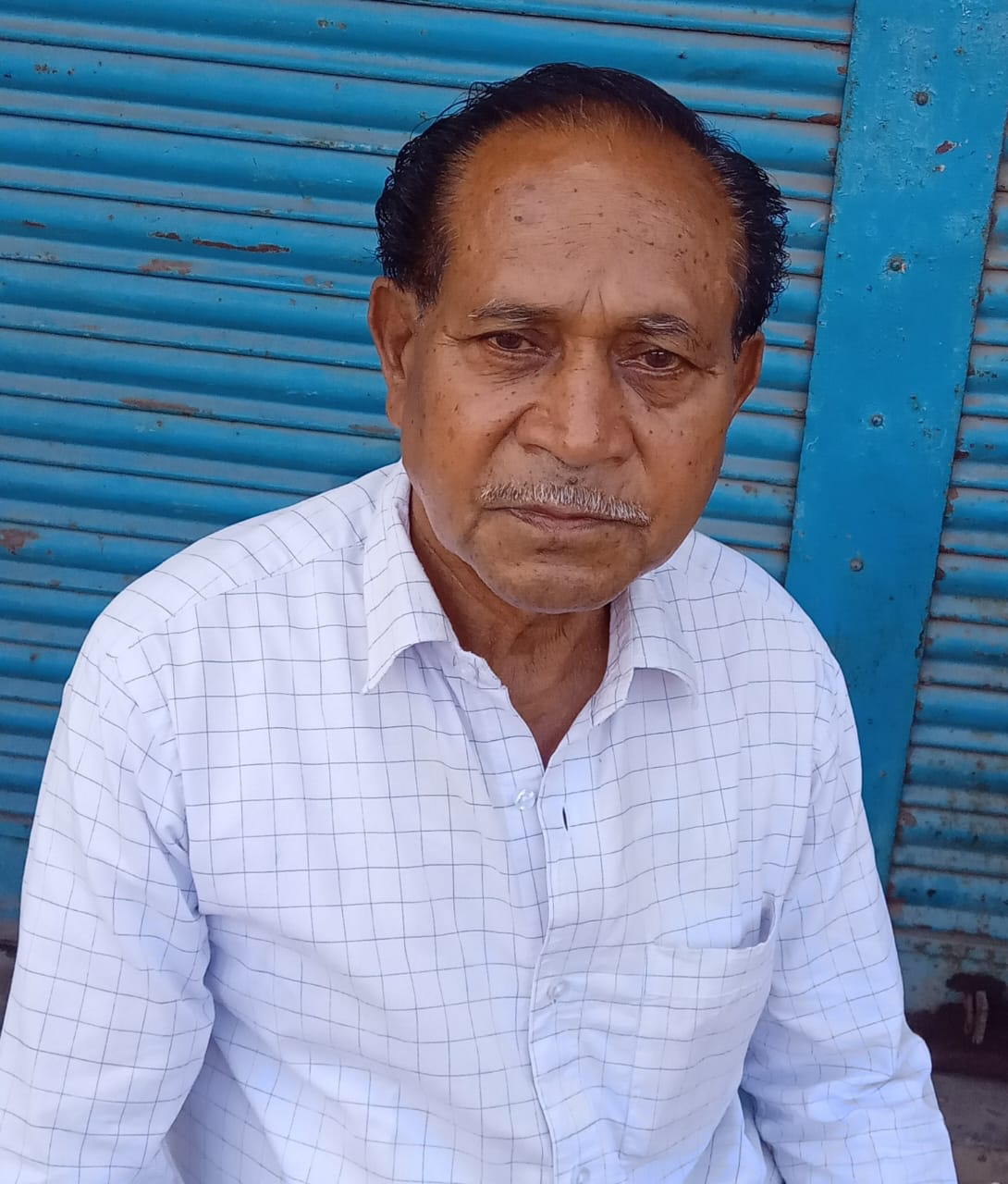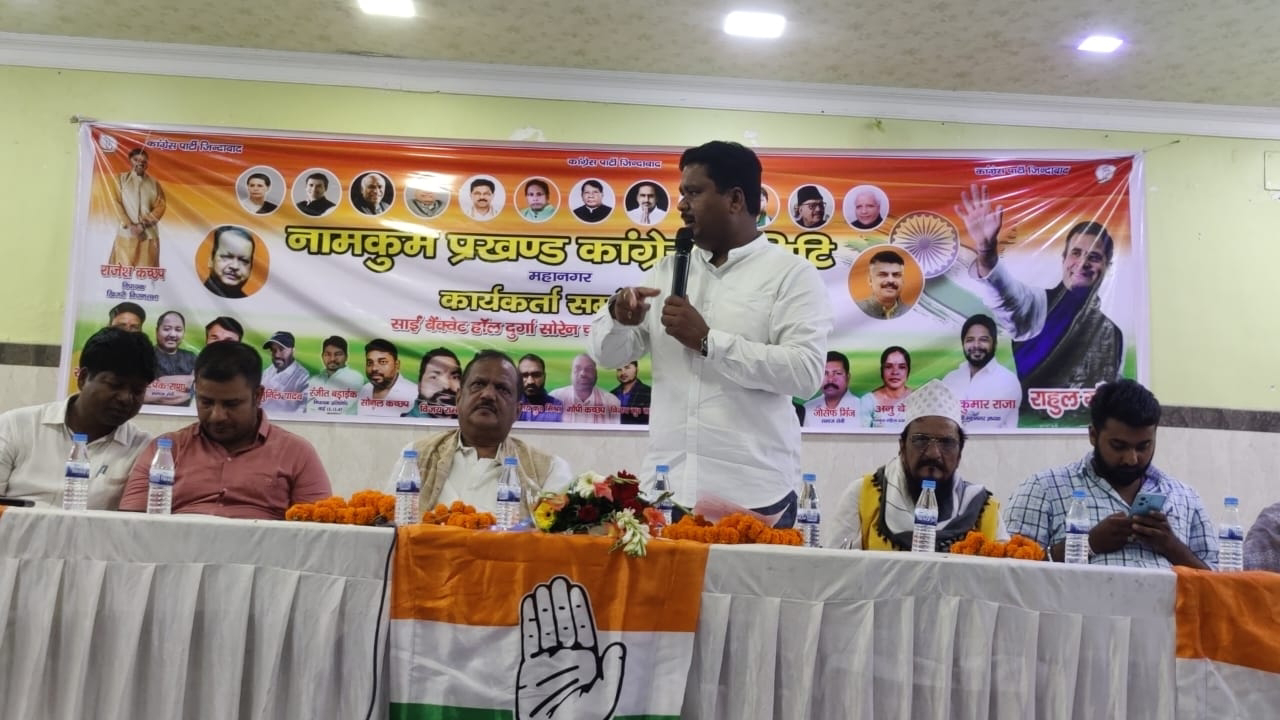Ranchi,Jharkhand | July | 14, 2023 ::
To address sustainable issues and environmental challenges, SwitchON Foundation organized a media Workshop on Air Pollution and Climate Change Reporting in collaboration with Socratus and The Energy Policy Institute at the University of Chicago (EPIC India) as knowledge partners.
Around 50 journalists from nearby cities joined the workshop to gain valuable insights, facilitate meaningful discussions, and learn innovative approaches to climate change reporting.
The workshop aimed at simplifying the issue of air pollution and Climate Change. It focussed on breaking down the fundamentals of air quality- reading and interpreting air quality data, reporting on health vis-à-vis air pollution.
The overall objective of the workshop was how to effectively report on the issue of air pollution and Climate Change.
The managing director of SwitchON Foundation, Shri Vinay Jaju said,
"There is a need to highlight the urgency and need for action against air pollution and climate change among masses in the cities of Jharkhand.
Media has a central role in adding impetus to this.
Change is only possible through awareness, engagement and communication."
The Government of India’s National Clean Air Programme (NCAP) is a step towards resolving the problem of deteriorating ambient air quality. The NCAP has set a time-bound goal to improve air quality across the country, focusing on 132 “non-attainment” cities where air pollution standards are not being met.
This includes 8 cities of Jharkhand -Ranchi, Jamshedpur, Hazaribagh, Dhanbad, Bokaro, Deogarh, Dumka and Giridih. With the base year as 2017, the programme is set to achieve a reduction of 20% - 30% of particulate matter by 2024. The concentration of PM2.5 in the state is more than 2.5 times the national standard. A report by the Lancet journal has predicted that nearly 100.2 deaths per 100,000 deaths in Jharkhand occurred due to air pollution.
The Jharkhand State Action Plan on Climate Change suggests that when the temperature gets hotter, it can harm the growth of crops. For example, rice, potato, green gram, and soybean can produce less when the temperature goes up from 1 to 40 degrees Celsius. For every 1 degree Celsius increase in temperature, there is a steady decrease in crop yield. These findings show that higher temperatures can negatively affect crop yields. If we don't take any actions to adopt or consider the benefits of CO2 fertilization, a temperature increase of 10 degrees Celsius alone could lead to a loss of 6 million tonnes in wheat production. This loss could become much worse if the temperature increases by 50 degrees Celsius, reaching a massive loss of 27.5 million tonnes.
Media is one of the major key stakeholders who have a crucial role to play. Well-informed and regular reporting on the environmental issues by the media would not only build the awareness of the citizens but also ensure that policymakers take the issue seriously. This could result in some accountability on everyone’s part.
Mr. Vivek kumar (Resident Editor, Hindustan Media) commented, “It is really encouraging to witness the media workshop on Air Pollution and Climate change by SwitchON Foundation. The environment today is in serious crisis and it requires change agents like the media to put forth information, facts and figures to inform and educate citizens. ”
Dr. Suprova Chakraborty, (Sr.Pulmonologist, Raj Hospital), Ranchi said, “Air pollution is associated with a broad spectrum of acute and chronic illnesses, such as asthma, chronic obstructive pulmonary disease (COPD), cardiovascular diseases and cancer. The ever increasing trend of AQI levels poses a major threat to the vulnerable communities like the children and old aged people.”
Mr. Shashi Shekhar, (Editor in Chief, Dainik Jagran) stated, “We applaud SwitchON’s aim to sensitize the media on Climate change issues. There is nobody better than the media who can spread awareness about the issue to the layman who is actually getting affected out there. Media can play a crucial role in reporting Climate change.”



















